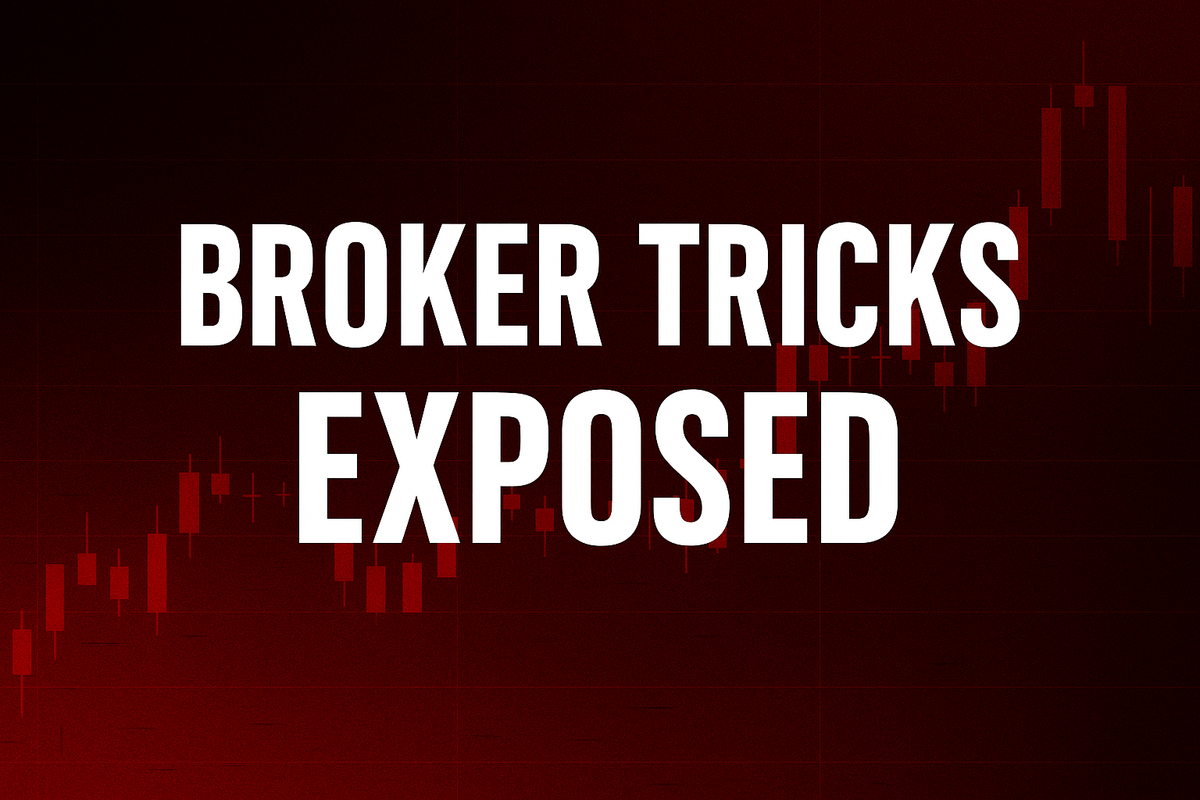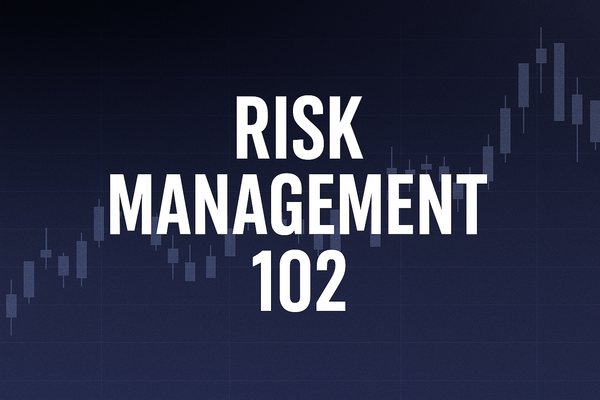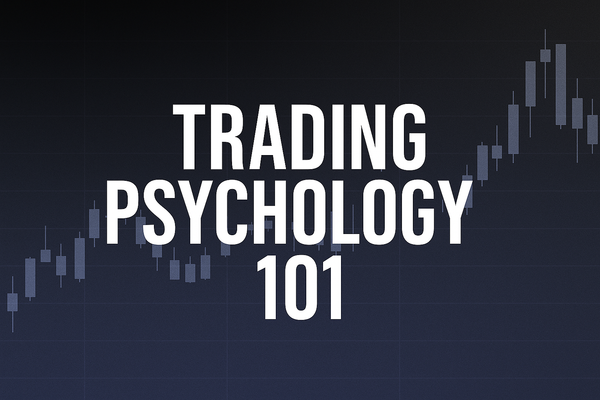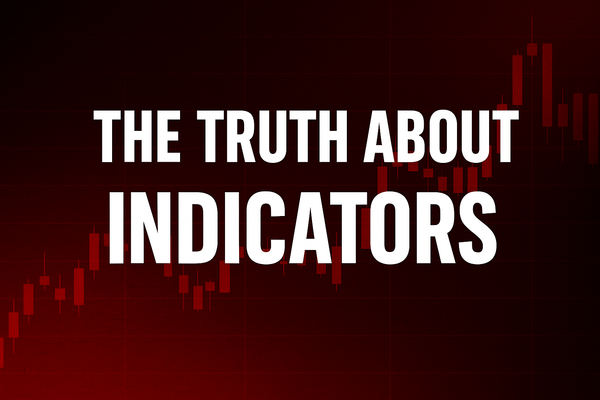Broker Tricks You’ve Never Heard Of

When retail traders lose money, they usually blame their strategy, their emotions, or “bad luck.”
But sometimes, the problem isn’t only on their side of the screen.
Behind the curtain, many brokers tilt the game against you. They don’t need to blow up your account directly they just need to make small adjustments that slowly eat away at your profits and accelerate your losses.
Not all brokers are bad. But enough of them rely on these tricks that every trader should know what to watch for.
Here are the most common broker tricks most beginners have never heard of and how to defend yourself.
1. Spread Manipulation
The spread the difference between buy and sell price looks small and harmless. But for brokers, it’s a goldmine.
What they don’t tell you:
- Spreads often inflate massively during news events or volatile markets.
- Your 1-pip spread can suddenly become 10 or more.
- That slippage eats into your account before you even realize it.
Defense:
- Compare average spreads between brokers.
- Use an ECN/STP broker when possible.
- Avoid trading during high-impact news unless you know what you’re doing.
2. Slippage Games
You click buy, the market moves, your order is filled but not at the price you expected.
This is slippage. Sometimes it’s fair (fast-moving markets). But here’s the trick:
- Negative slippage (worse price for you) gets passed on.
- Positive slippage (better price for you) mysteriously disappears.
Defense:
- Ask your broker if they allow positive slippage.
- Check execution quality in your trade history.
- If positive slippage never happens, your broker is pocketing it.
3. Stop Hunting
You place a stop loss at a safe level. The market spikes just enough to hit it, then immediately moves back in your favor.
Sound familiar?
Some brokers widen spreads or send off-market ticks to trigger stops collecting your loss before letting the market resume.
Defense:
- Place stops at logical market structure levels, not round numbers.
- Compare your chart data with independent sources (from TradingView for free).
- If your broker’s charts show spikes that nobody else sees, run.
4. Withdrawal Delays
Brokers love fast deposits but slow withdrawals.
Tactics include:
- Endless “verification” requests.
- Hidden withdrawal fees.
- Forcing you to use the same deposit method to withdraw even when it’s inconvenient.
Their hope? That you give up, or redeposit the money you still see “on the account.”
Defense:
- Test small withdrawals before committing big capital.
- Avoid brokers with bad withdrawal reviews online.
- Stick to brokers regulated by top-tier authorities (FCA, ASIC, CySEC, NFA).
5. Bonus Traps
“Deposit $500, get $500 free!”
Sounds amazing until you read the fine print.
- Bonus money can’t be withdrawn.
- Your deposit is often locked until you trade a ridiculous volume.
- By the time you meet the condition, the account is already gone.
Defense:
- Never fall for deposit bonuses.
- Treat them as red flags, not benefits.
6. The High-Leverage Bait
Why do brokers push insane leverage like 1:500 or even 1:1000?
Simple: it accelerates your account’s destruction.
- With high leverage, even a 0.5% market move can wipe you out.
- The faster you blow up, the sooner you deposit again.
Defense:
- Stick to leverage you can control (1:10 to 1:30 is plenty).
- Remember: pros use small leverage because they think long-term.
7. Offshore Regulation Loopholes
Some brokers proudly say they’re “regulated.” But look closer:
- Their license is from an offshore island with zero investor protection.
- If they scam you, good luck chasing them across the globe.
Top-tier regulators include:
- FCA (UK)
- ASIC (Australia)
- NFA/CFTC (USA)
- CySEC (Cyprus)
Defense:
- Always check the license number on the regulator’s website.
- Don’t trust a broker just because they put a badge on their homepage.
8. The A-Book / B-Book Game
Not all brokers handle your trades the same way. In fact, how they route your orders determines whether they want you to win or lose.
- A-Book brokers: They send your orders directly to the market (liquidity providers). They make money from spreads and commissions, not from your losses. Your success doesn’t hurt them.
- B-Book brokers: They keep your trades in-house. When you lose, they win. When you win, they lose. Guess which type most unregulated brokers use?
Here’s the trick: many brokers market themselves as “ECN” or “STP” (A-Book), but in reality, they quietly run a B-Book model for most clients especially small accounts.
That’s why:
- Stops get mysteriously hunted.
- Profitable accounts suddenly face withdrawal problems.
- Winning traders sometimes get “reclassified” to A-Book after proving they can’t be shaken out.
Defense:
- Ask your broker directly how orders are routed.
- Look for true ECN/STP brokers regulated by tier-1 authorities.
- Be suspicious of brokers offering wild bonuses, insane leverage, or “zero commissions” often a B-Book disguise.
Conclusion
The market is already a brutal place. It will test your patience, your discipline, and your emotions every single day. The last thing you need is a broker tilting the odds even further against you.
Some brokers are legitimate partners they route your trades to the market (A-Book), they earn when you trade more, not when you lose. But many others quietly run B-Books, where every pip you lose is profit for them. In that world, you’re not trading with your broker, you’re trading against them.
Add to that the tricks spread widening, slippage games, bonus traps, withdrawal delays and you start to see the real picture: the industry is designed to make sure most retail traders bleed out before they even understand what happened.
The solution isn’t paranoia, it’s awareness.
- Choose brokers with transparent regulation.
- Test them with small deposits and withdrawals before committing real money.
- Remember: if the offer looks too good to be true, it probably is.
In trading, survival is your only edge. Don’t let your broker be the reason you fail. Because sometimes, the hardest truth to swallow is this: your broker isn’t your partner they’re the house. And the house always wins.




